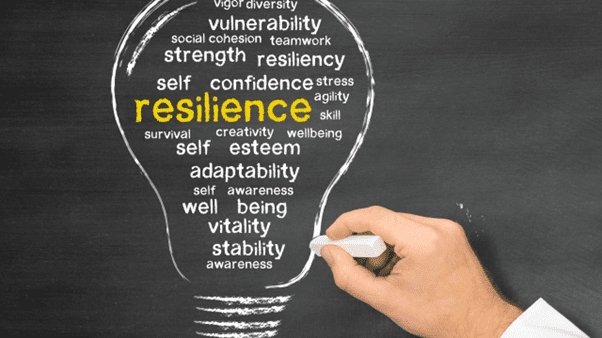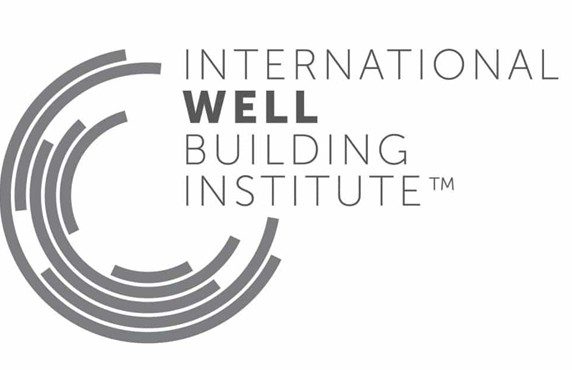India stands at a pivotal moment in its development trajectory. Rapid urbanization, economic growth, and a burgeoning workforce are reshaping its cities and workplaces.
However, this progress comes intertwined with significant challenges: alarming air pollution levels, rising stress and lifestyle diseases, water scarcity, and the increasing impacts of climate change.
In this context, adopting the WELL Building Standard (WELL Certification) is not just a luxury for premium developments; it's a strategic necessity for India's sustainable and healthy future. Here’s a detailed breakdown of why:
Addressing India's Acute Public Health Crisis:
Air Pollution: Indian cities consistently rank among the world's most polluted. WELL's rigorous Air concept mandates advanced filtration systems, source control, and air quality monitoring, creating vital sanctuaries of clean air indoors – directly combating respiratory illnesses (asthma, COPD) and cardiovascular diseases.
Water Quality & Scarcity: Access to safe drinking water remains inconsistent. WELL's Water concept ensures regular testing, proper filtration, and promotes hydration, reducing waterborne diseases and addressing scarcity through efficient fixtures.

Lifestyle Diseases Epidemic: Rising diabetes, hypertension, and obesity are fueled by sedentary lifestyles and poor nutrition. WELL's Nourishment concept promotes healthy food choices and mindful eating, while the Movement concept encourages physical activity through building design (stairs, active workstations), combating these preventable diseases.
Mental Health Burden: Stress, anxiety, and depression are reaching epidemic proportions, especially in urban centers. WELL's Mind concept promotes mental well-being through biophilic design (connection to nature), stress reduction policies, restorative spaces, and access to mental health resources. The Light concept regulates circadian rhythms, improving sleep and mood.
Boosting Economic Productivity & Competitiveness:
Enhanced Cognitive Function: WELL-optimized environments (better air, light, acoustics) directly improve occupant focus, concentration, information processing speed, and decision-making abilities. Studies consistently show productivity gains of 5-15% in WELL-certified spaces.
Reduced Absenteeism & Presenteeism: Healthier environments mean fewer sick days (reduced spread of illness, better immune function) and less "presenteeism" (being at work but unproductive due to discomfort or illness). This directly impacts the bottom line.
Talent Attraction & Retention: In a competitive job market, especially for skilled professionals, offering a healthy, human-centric workplace is a major differentiator. WELL certification signals a company's commitment to employee well-being, making it a magnet for top talent and reducing costly turnover.
Improved Morale & Engagement: Employees feel valued when their health is prioritized. WELL spaces foster a sense of well-being, leading to higher job satisfaction, increased loyalty, and greater engagement.
Building Resilience Against Climate Change:
Thermal Comfort: With increasing heatwaves, WELL's Thermal Comfort concept ensures buildings provide comfortable temperatures and humidity levels through smart design and systems, protecting occupant health and productivity during extreme weather.
Water Resilience: WELL promotes water efficiency and reuse strategies, crucial for managing India's water stress exacerbated by climate change.
Healthy Materials: WELL's Materials concept restricts harmful VOCs and chemicals, improving indoor air quality and reducing the environmental burden of manufacturing and disposal.
Synergy with Existing Sustainability Goals (LEED/GRIHA/IGBC):
Complementary Focus: While green building standards (like LEED, GRIHA, IGBC) primarily focus on the building's environmental impact (energy, water, waste, site), WELL focuses exclusively on the human impact inside the building.
Holistic Approach: Combining WELL with green certifications creates truly sustainable and healthy buildings – environmentally responsible and human-centric. This "double certification" approach is becoming a global benchmark for excellence.
Leveraging Existing Momentum: India already has a strong foundation in green building. Adding WELL is the natural next step to enhance occupant outcomes within these sustainable structures.
Catalyzing Innovation in Design, Construction & Operations:
Raises the Bar: WELL pushes architects, engineers, contractors, developers, and facility managers to think beyond traditional parameters and prioritize human health metrics from the earliest design stages.
Drives Market Demand: Certification creates demand for healthier building materials, advanced HVAC technologies, circadian lighting systems, and wellness-focused amenities, stimulating innovation in these sectors within India.
Improves Operational Practices: Ongoing WELL performance verification ensures buildings are maintained to high health standards, fostering better operational protocols for cleaning, maintenance, and occupant engagement.
Creating Health Equity & Social Value:
Setting Minimum Standards: WELL establishes a baseline for health in the built environment, ensuring that occupants, regardless of the building type (office, factory, school, hospital, affordable housing), have access to fundamental health-supportive conditions.
Community Impact: Healthier workplaces lead to healthier families and communities. Reduced healthcare burdens benefit society at large. WELL-certified schools can significantly improve student learning outcomes and well-being.
Corporate Social Responsibility (CSR): Investing in WELL certification is a powerful demonstration of a company's commitment to the health and well-being of its employees and the communities it operates within, aligning strongly with CSR goals.
Addressing Potential Concerns in the Indian Context:
Cost: While there is an upfront investment, the long-term ROI through productivity gains, reduced healthcare costs, lower attrition, and increased asset value is substantial and well-documented globally. Strategies exist for cost-effective implementation.
Implementation Complexity: Expertise in WELL is growing in India. Numerous consultants and WELL Accredited Professionals (WELL APs) are now available to guide projects. IWBI also offers resources and support.
Cultural Relevance: The core concepts of WELL (clean air, water, light, movement, nourishment, mental well-being) are universally beneficial. Implementation strategies can be adapted to suit Indian climatic conditions, dietary habits, and work cultures.
WELLNESS Certification is far more than a plaque on the wall for India. It is a powerful, evidence-based framework to directly tackle the nation's pressing health challenges, unlock significant economic potential through a healthier and more productive workforce, enhance resilience in the face of climate change, and elevate the quality of life for millions of people who live, work, learn, and heal in buildings. As India continues its rapid development, prioritizing human health within the built environment through WELL is not just desirable; it is fundamental to building a truly sustainable, prosperous, and thriving future for the nation. The time for widespread adoption is now. Investing in WELL is an investment in India's most valuable resource: its people.

